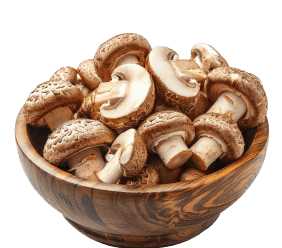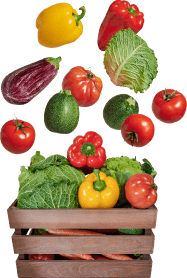🆓 FREE Delivery in Dubai & Sharjah on orders above 100 AED - Abu Dhabi on orders above 200 AED.
🚚 Order by 2PM for same-day delivery in Dubai
🛒 Use: WELCOME10 and get flat 10% OFF on your first order.
🆓 FREE Delivery in Dubai & Sharjah on orders above 100 AED - Abu Dhabi on orders above 200 AED.
🚚 Order by 2PM for same-day delivery in Dubai
🛒 Use: WELCOME10 and get flat 10% OFF on your first order.




















